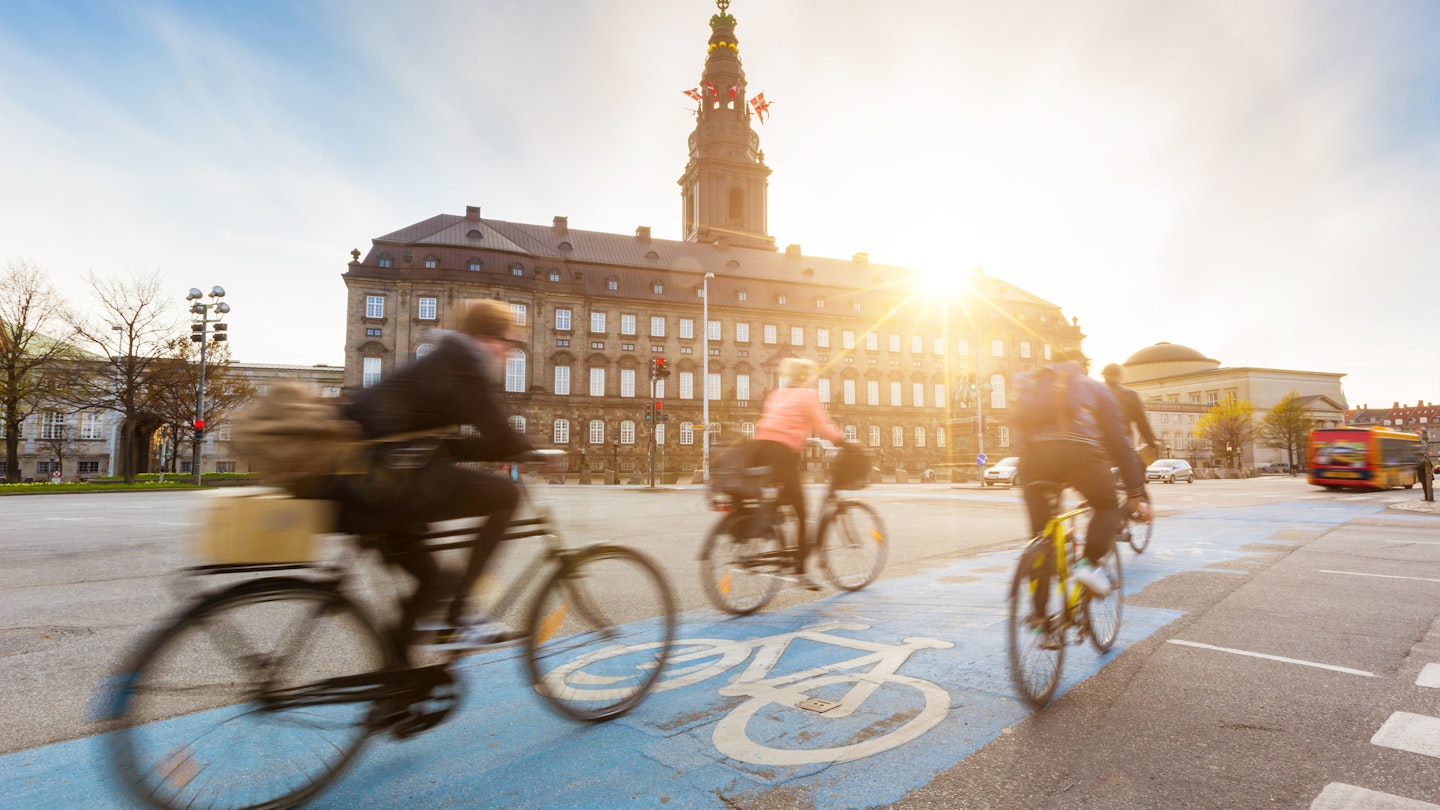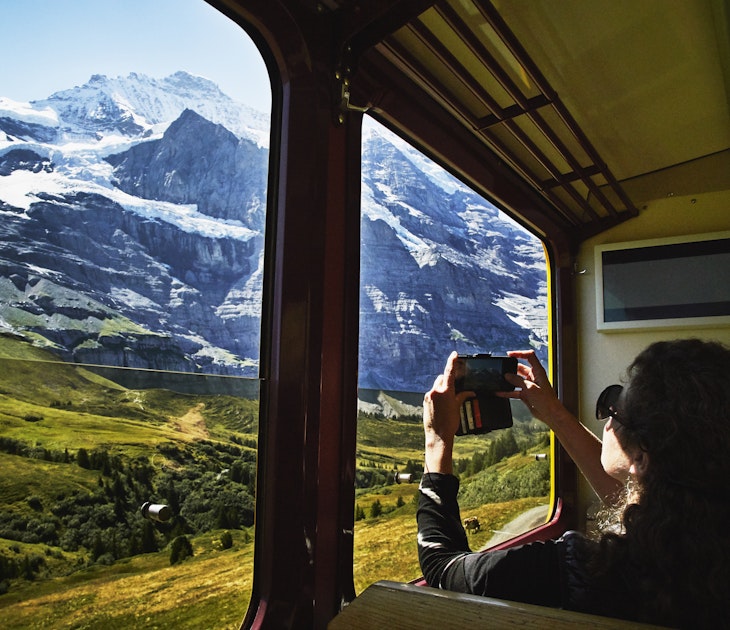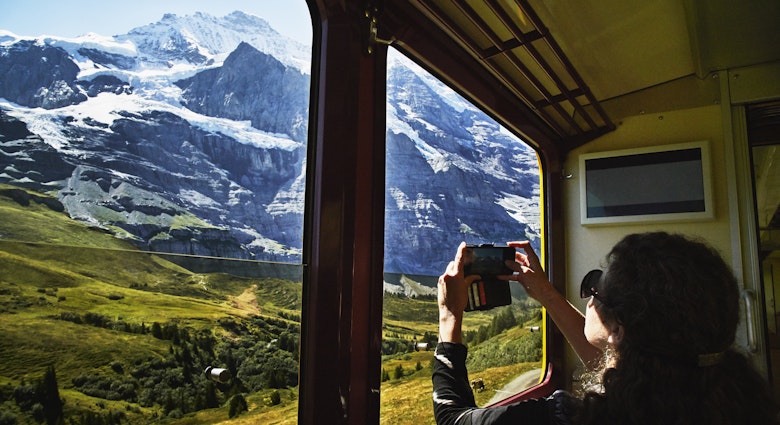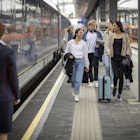The uncomfortable truth is that all travel has an impact. As a member of the small percentage of the world’s population that can travel, I am aware that with great mobility comes great responsibility (that’s the quote, right?).
To me, choosing to live a more sustainable life is a commitment to life-long learning and continued improvement. I have lofty aims but I’m not perfect – I have yet to find a person who is. So you want to travel more mindfully? We all curate different travel experiences, but there are general approaches that I take for all travel.
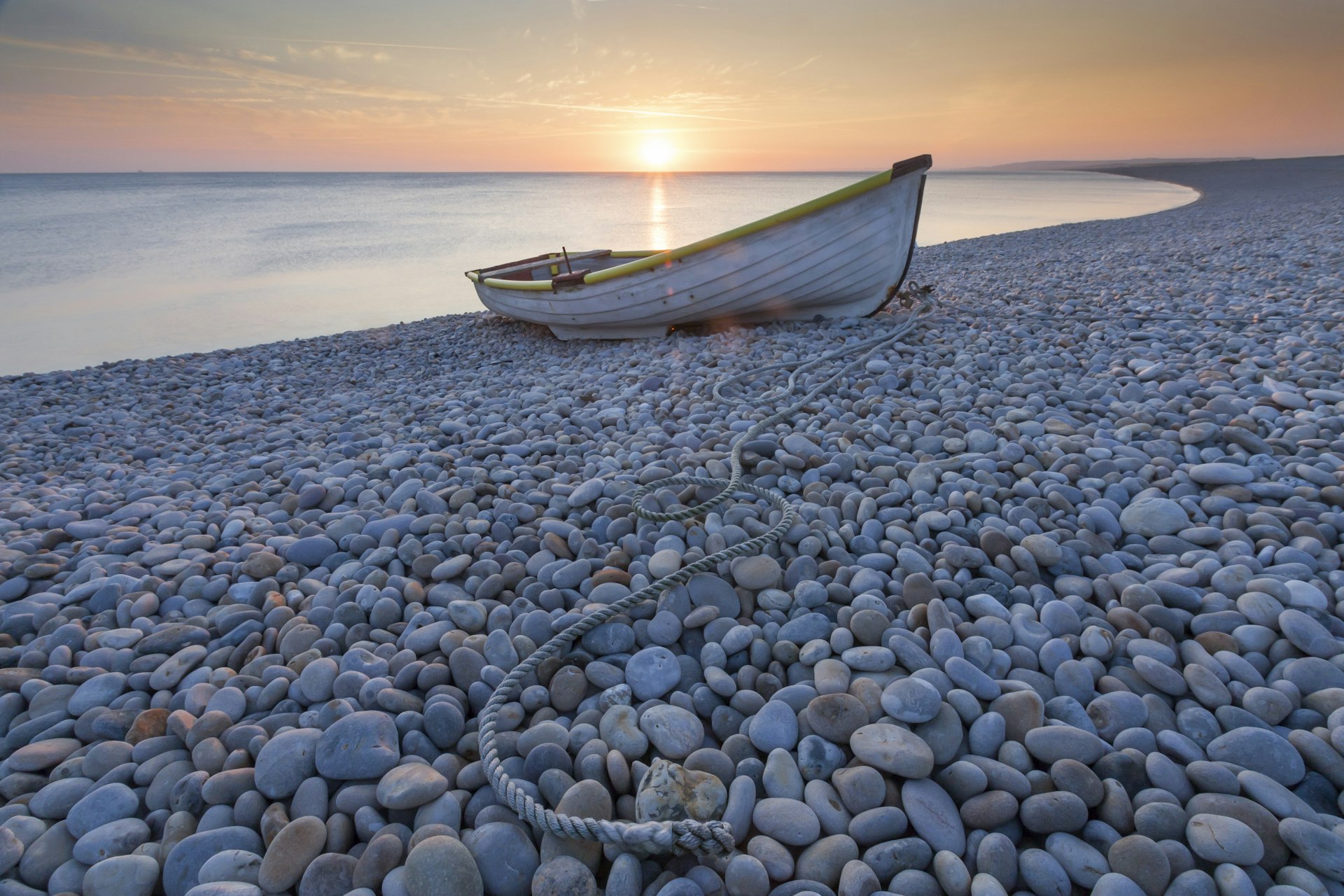
1. Explore locally
If the COVID-19 pandemic has taught us anything (other than to obsessively wash our hands), it’s that there are amazing places to explore on our doorsteps. In lockdown I discovered local footpaths that I’d never noticed before. As restrictions eased, I visited National Trust properties, rode my bike on quieter roads, took a historic stroll in the footsteps of Jane Austen and walked on the South West Coast Path.
We have lots of things that we look for in international travel right here in the UK – mountains, beaches, moors, forests, historic architecture and vibrant multicultural cities. The same is true for residents across the world.

2. Plan your transport
Before I travel, I plan three ways to get to my destination. The aim is to reduce the carbon elephant in the travel room – flights. Trains, ferries, bikes and even cars can provide alternatives depending on your destination. This June I completed a "no-fly year", which is easier than you might think to achieve while still traveling. From the UK, Europe is very accessible by train and ferry.
This planning does not always mean that I don’t fly – sometimes the alternatives are not practical or economically viable. Do the best you can with your available time and budget. If you must fly, take the most direct route, and note that economy seats are lower impact than business or first class.
Don’t forget to review your overall travel footprint – it’s not just about the flights. Ferries are a surprisingly carbon intensive way to travel, for example. There is lots of advice online to help you compare your options and add in your accommodation. Once your planning is complete, offset. This is not permission to increase your impact, but we should be trying to help our planet heal by supporting effective projects.
While reviewing journeys, I’ve found myself asking: "If I have to fly, is this where I should be going?"; "Is this the only place I can experience this?"; "Am I going to create positive impact?"; and "Can I stay longer?". All these questions will make you a more mindful traveler.
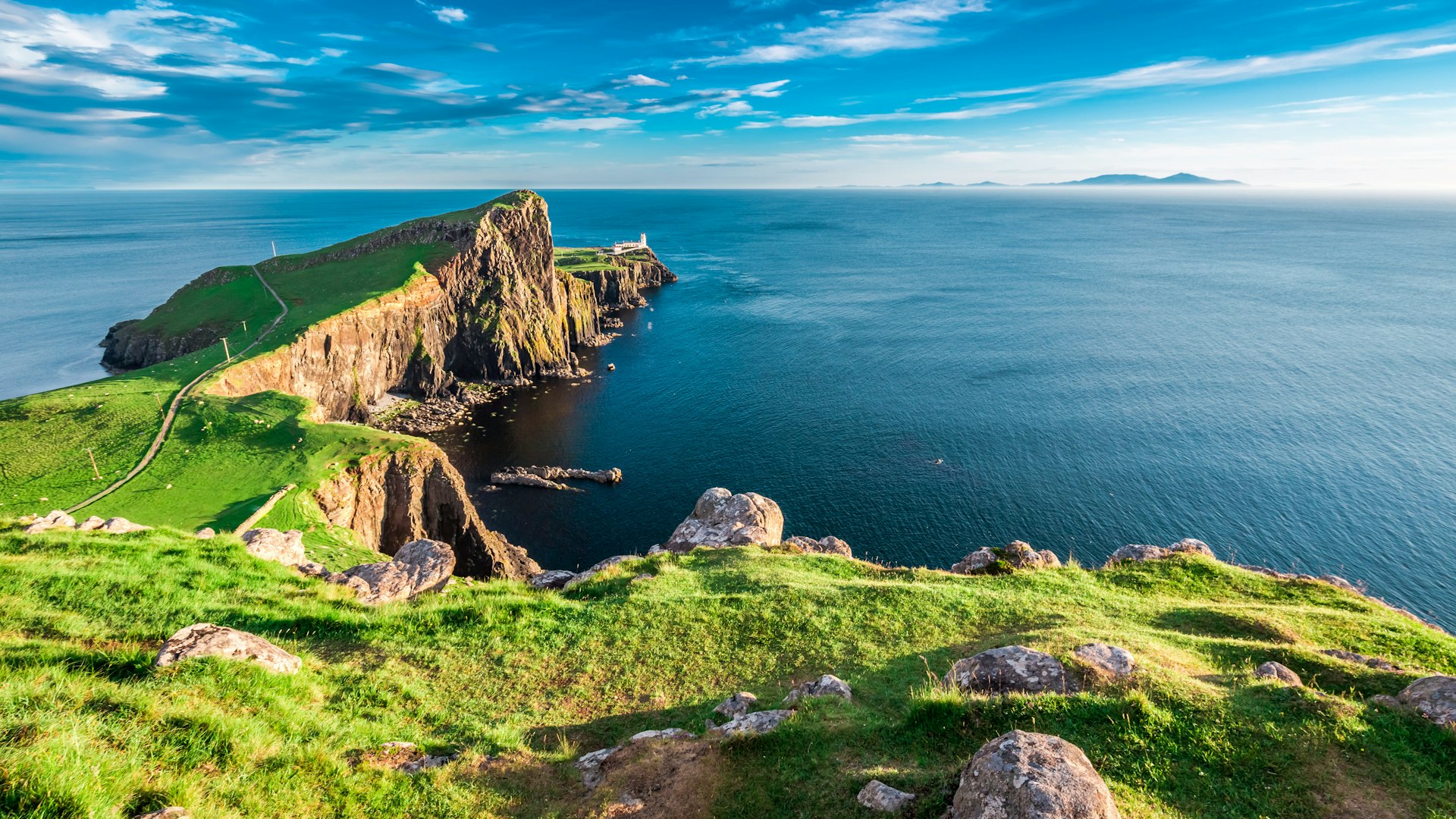
3. Travel off-season
Popular areas all over the world suffer from overcrowding, environmental damage and disruption to local communities during peak times. You can help by visiting in off-peak seasons, which is cheaper too! In 2017, when the Isle of Skye in Scotland suffered summer gridlock, I visited in mid-September and headed for a more rural location in the north. The crowds had disappeared, along with the midges(!), leaving me to explore in peace.

4. Make the journey the holiday
Why not make the journey the focus? Long-distance hikes, cycle rides and horse riding trails are all great options for standalone trips. The added bonus of this type of travel in 2020 is that you are not required to be cooped up for long periods of time with strangers with limited social distancing, and you can adjust your plans to fit your comfort requirements and budget. I’ve recently been researching long-distance routes and the variety is incredible.
For those who like or require a more restful holiday, you can jump on a long-distance train route instead (local COVID-19 restrictions permitting) and for those with a love of the sea, join a tall ship for an ocean crossing. OK so that last one is probably not restful, but it will be life changing.

5. Research your destination
Whether traveling locally, nationally or further afield, research your destination to learn about environmental and social challenges faced by the community, cultural expectations, local rules and any exciting projects or local campaigns. In the internet age, this is not an onerous task.
From recognising indigenous populations or avoiding contributing to secret plastic waste mountains, to dressing appropriately or visiting ethical animal rehabilitation centers – your research will guide you. You are unlikely to be the perfect traveller (no one is!), but this will allow you to be more mindful of the activities you choose to take part in, the places you visit and where you spend your money. It will also ensure you don’t miss something unique during your visit.

6. Use local providers
Wherever possible use local providers to put money into the community you are visiting. This can be where you stay, but also who you use for day trips, where you eat and the souvenirs you buy. Personal bugbears are privileged travelers relying on the kindness of locals for free homestays when they could pay for local accommodations or excessive haggling in markets when they can afford the higher "tourist" prices.
For tours it pays to use a local operator, as you will benefit from local knowledge. On a recent whale shark conservation trip, our group used the only locally-owned-and-run tour company on an island off Tanzania. This not only provided alternative jobs for locals formerly employed in the fishing industry, but our guides were always the first to find the whale sharks.
Look for sustainable travel accreditations, but don’t be a slave to them. Accreditations are one way of demonstrating action, but not all providers (especially smaller ones) will have the resources to apply for them. After a while you’ll get a feel for what to expect from a net-positive provider.
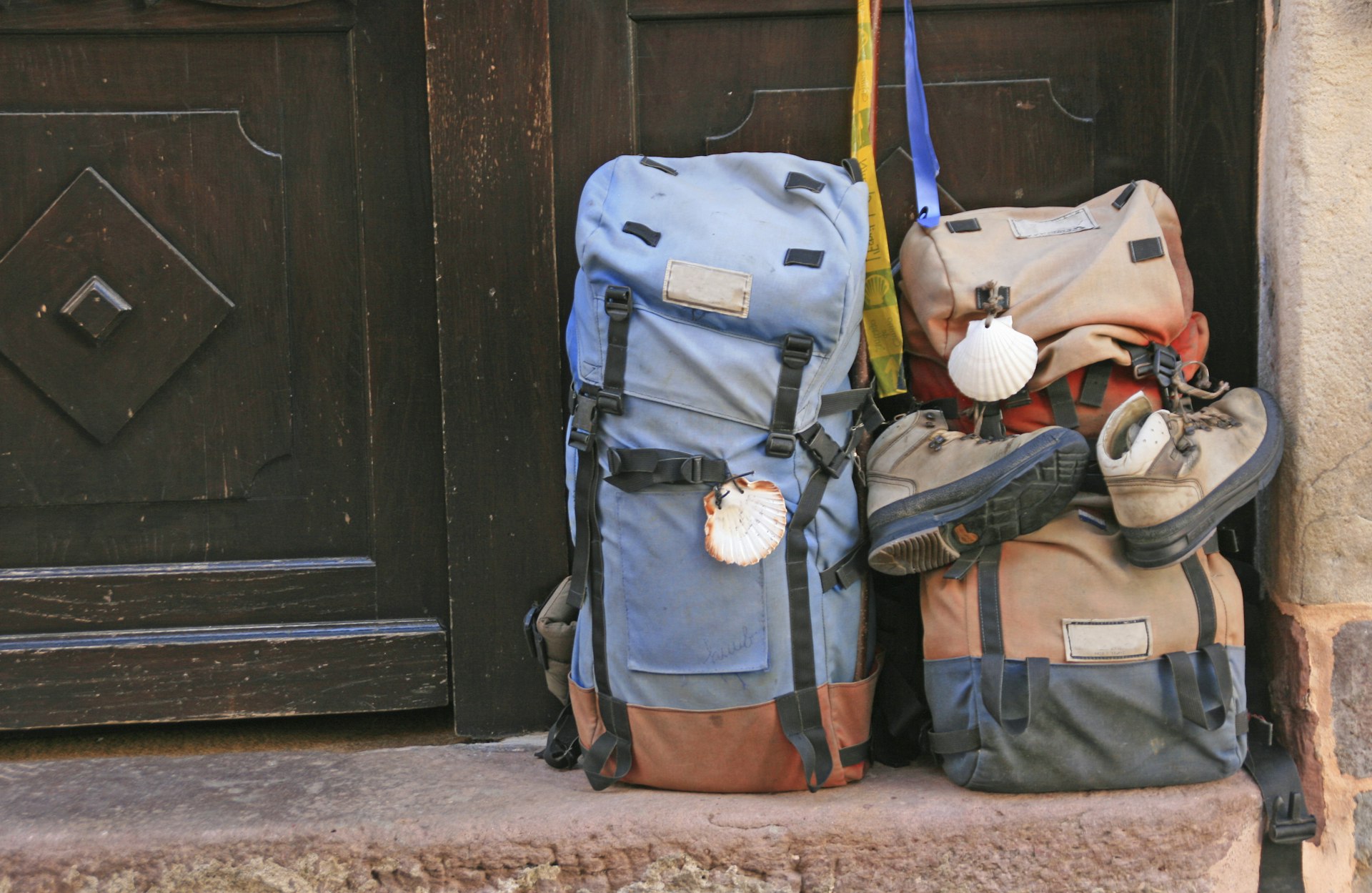
7. Review your kit
Reduce consumption and use items you already own. When I have to buy, I choose secondhand or purchase from companies that do more good. From backpacks to suncream, you’ll find options that support companies building a better world, interrogate supply chains, reduce their footprint, do social and environmental good, and raise the profile of diverse voices.
I also carry reusable items. Single-use water bottles can be the toughest to avoid, especially in areas where the water is not safe to drink. You can purchase reusable bottles with built-in filters, but check the one you buy is tested and appropriate for your destination.
The benefits of mindful travel
Mindful travel is a different state of mind. At first it can seem like far more work, but it leads to much richer travel experiences. Knowing a destination – including its good and bad bits – will help put your experiences into perspective. Supporting a local community can help them protect and maintain your destination. Using local providers gives you insights into the community and culture that you might otherwise miss. Reducing your impact through your journey choices and purchases helps protect our planet, so these experiences will still be possible for future generations. For a little more effort, you can transform your travel into a force for good.
You might also like:
10 private tours for a taste of local life around the world
Europe’s new night trains offer travelers an alternative to flying
Sustainable travel: 6 ways to make a positive impact on your next trip
